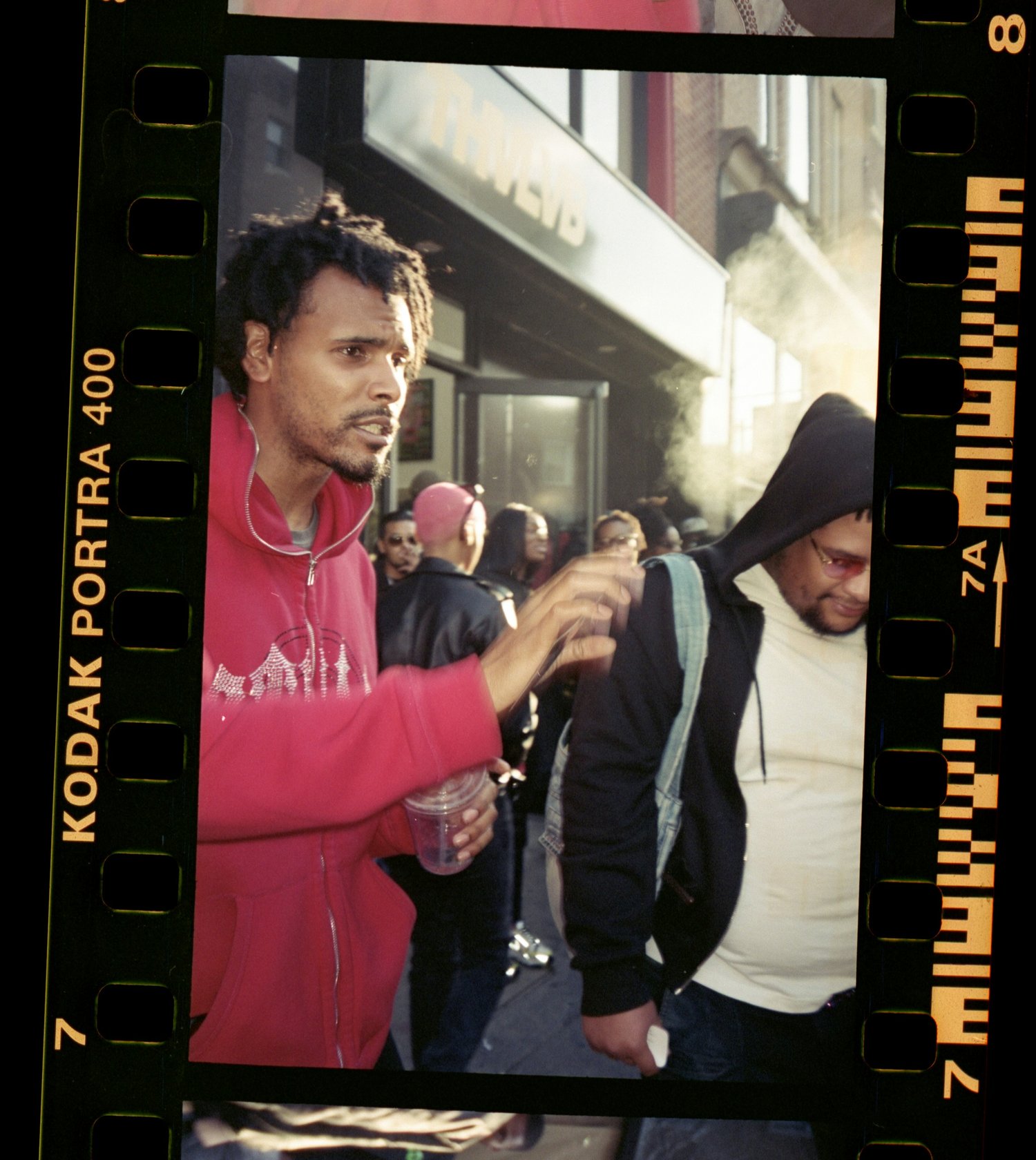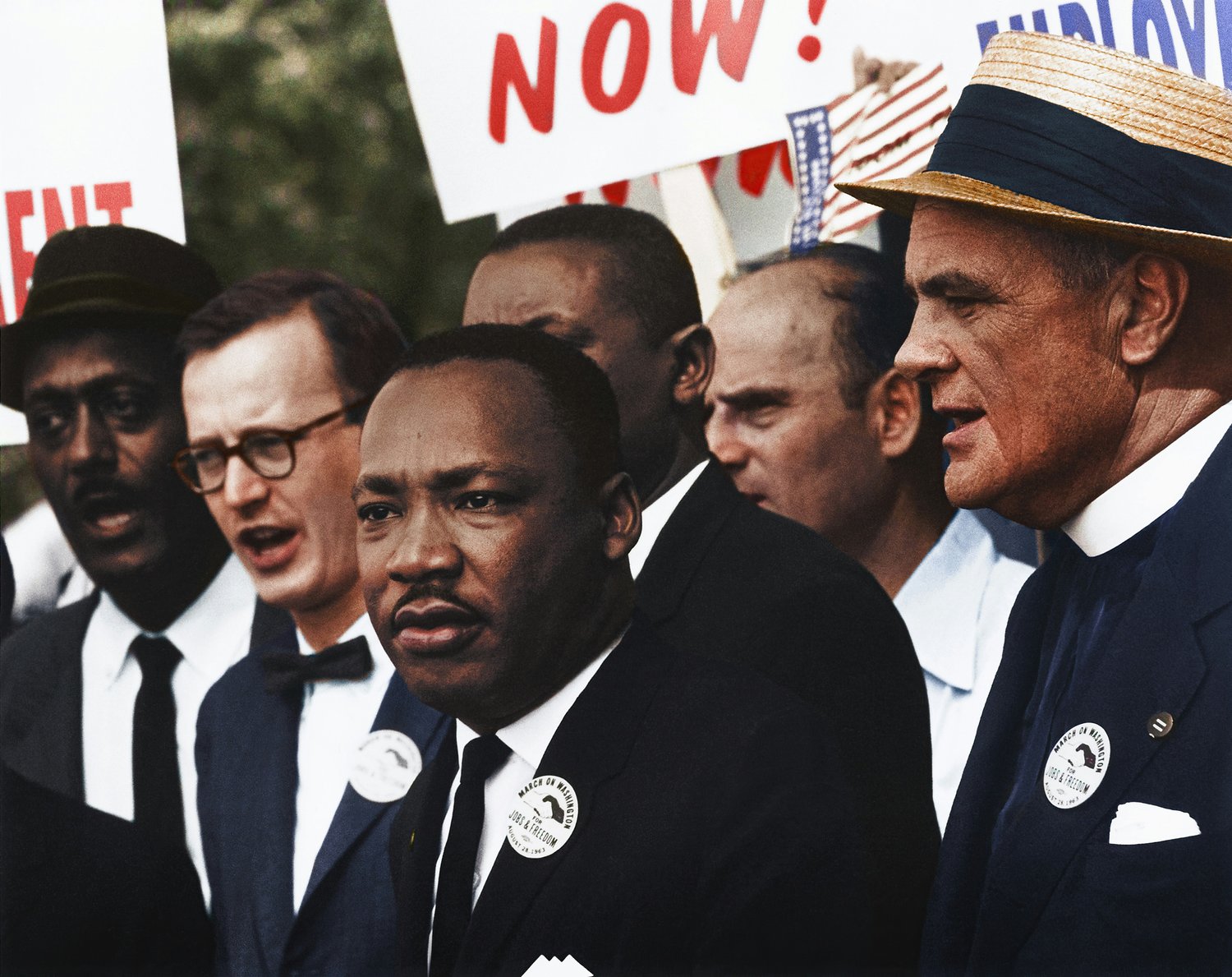Day 1 of 3: Maslow’s Hierarchy and Moses
The next day Moses took his seat to serve as judge for the people, and they stood around him from morning till evening. When his father-in-law saw all that Moses was doing for the people, he said, “What is this you are doing for the people? Why do you alone sit as judge, while all these people stand around you from morning till evening?”
Moses answered him, “Because the people come to me to seek God’s will. Whenever they have a dispute, it is brought to me, and I decide between the parties and inform them of God’s decrees and instructions.”
Moses’ father-in-law replied, “What you are doing is not good. You and these people who come to you will only wear yourselves out.”
– Exodus 18: 13-18 (NIV)

Let’s do a simplified Exodus recap leading up to today’s verses: Moses was born during a time of government-sponsored genocide, his mom hides him and he’s adopted by the Pharaoh’s family. Moses grows up, realizes his family of origin and his people, the Israelites, are being oppressed by the Egyptians, and kills an Egyptian who was mistreating an Israelite slave. Moses runs away, gets married, and finds God. Moses comes back and organizes the Israelites. God performs miracles through Moses. Pharaoh doesn’t listen. Moses leads the Israelites out of slavery. Their captors were destroyed when Moses parted the Red Sea. Moses and the Israelites are now in the wilderness with God leading them to the Promised Land.
At first glance, it seems like “The Saga of Moses vs the Capitalistic Forces of Pharaoh” is complete upon traveling to the Promised Land. It makes a decent moral to the story that Exodus is to remind us that God will always save and provide. But those ancient Israelites had a lot of internal healing to do to process the trauma that was their captivity and the ways that they showed up in the world as a result of that trauma. There’s more to the story.
As we move on we learn that there was a lot of in-fighting, so Moses was their judge “morning until evening” as the scripture says, to help them work through problems.
But Moses had his own inner conflict to work out. He wasn’t able to see it until someone pointed it out – his father-in-law Jethro. In these verses, Jethro acted as Moses’ spiritual advisor and told him what he had to do in order to keep his sanity as a leader. Jethro noticed that Moses wasn’t acknowledging his own needs, so Jethro told Moses what they were and how to get them met.
Moses’ situation reminds me a lot of Maslow’s hierarchy of needs. It’s a pyramid made by psychologist Abraham Maslow as a way to show what’s needed for a human to live their best and most fulfilled life. On the very bottom level of the pyramid are physiological needs – air, food, shelter, sleep, and so on. The next level, safety needs, are things like employment and security. The level after that is love and belonging, which means friends, family, and social connection. The level after that is self-esteem. At the very top is self-actualization, which is creativity, morality, and meaning.
The Israelites had most of their basic needs accounted for. God provided them with food. They had camps to live in and were traveling to the Promised Land. They had a community. They had freedom like they never had under Pharaoh. But basic access to food, shelter, and community is exactly that – basic. Once those are covered, it’s important to think about what conditions are needed in order for us to thrive.
The Israelites were lacking in self-actualization and they needed a lot of guidance from Moses, who was able to offer that. However, all of Moses’ needs weren’t being met, hence Jethro telling him to take a break before Moses wore himself out. Yes, the Israelites were no longer slaves so they were no longer in constant danger. But there were other issues that weren’t being addressed.
Journal/Reflect
What needs of yours have you been forsaking because some of your other needs are covered? What are your basic needs that aren’t being addressed? If you’re dealing with a problem now, let this be an invitation to take a step back from the situation and consider what you need before stepping back into it.







